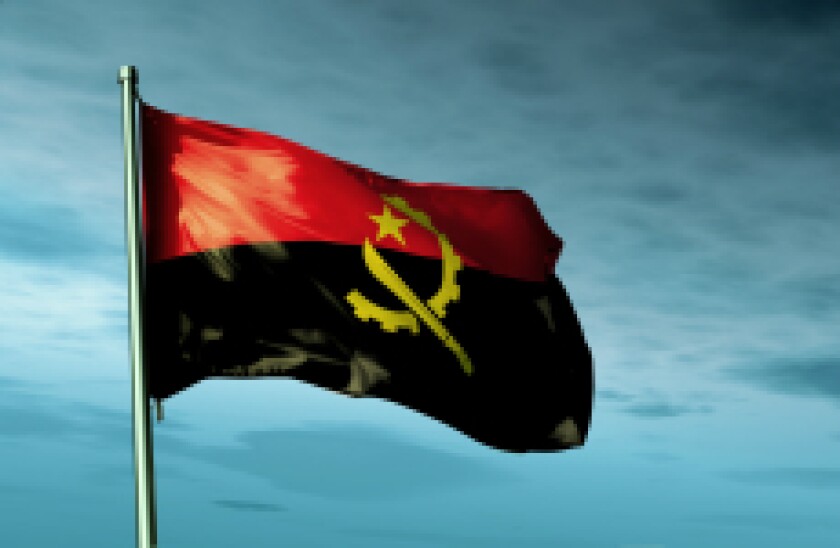The news that Angola has picked BNP Paribas, ICBC and Goldman Sachs for its next Eurobond was met with delight by bankers — even those that had not won the mandate. They said that clear intention of Angola to next tap the public bond market rather than continuing with large private placements, as it sold in 2012, was a sign of the country’s commitment to becoming more transparent and its willingness to be subject to the due diligence processes necessary for such a deal.
When Angola printed its $1bn seven year amortising bond via VTB Capital in 2012, many were concerned that access to large scale funding without having to jump through the hoops for a public bond set a dangerous precedent for African debut sovereign bond borrowers.
True enough, Tanzania followed in March 2013 with a $600m seven year amortising deal though Standard Bank. Then Ematum, a government agency of Mozambique, sold a $500m private placement in October of the same year via BNP Paribas and Credit Suisse, which it tapped a month later for another $350m though VTB Capital. Bankers and analysts fretted that without the carrot of the Eurobond market, government treasuries would be less inclined to put their books in order.
But it is premature to think that the Angola deal marks the end of the private placement era in Africa. Angola’s private placement traded up five cash points in the first few days of trading, leading to accusations by bankers that the country had been ripped off by investors in a deal that was horribly mispriced. One banker this week suggested that this performance was likely to have provided motivation for this sovereign to embrace the benefits of a more widely distributed bond next time around. But Tanzania’s bond, also said to have been priced with a degree of generosity, only bounced two points in the immediate secondary market, while Ematum’s traded around reoffer, or at the worst estimation, one point down. Clearly African sovereigns can find demand in the private placement market at a stable price.
There is relief this week that Angola’s plan to go to the Eurobond market next indicates that the country is becoming more transparent — a crucial part of its development. But whether the same can be said for other African sovereigns, many of which bankers still accuse of being bureaucratic, slow and difficult to penetrate, is still in doubt. For them, funding at the right price without having to make inconvenient disclosures will continue to present a tempting option.

